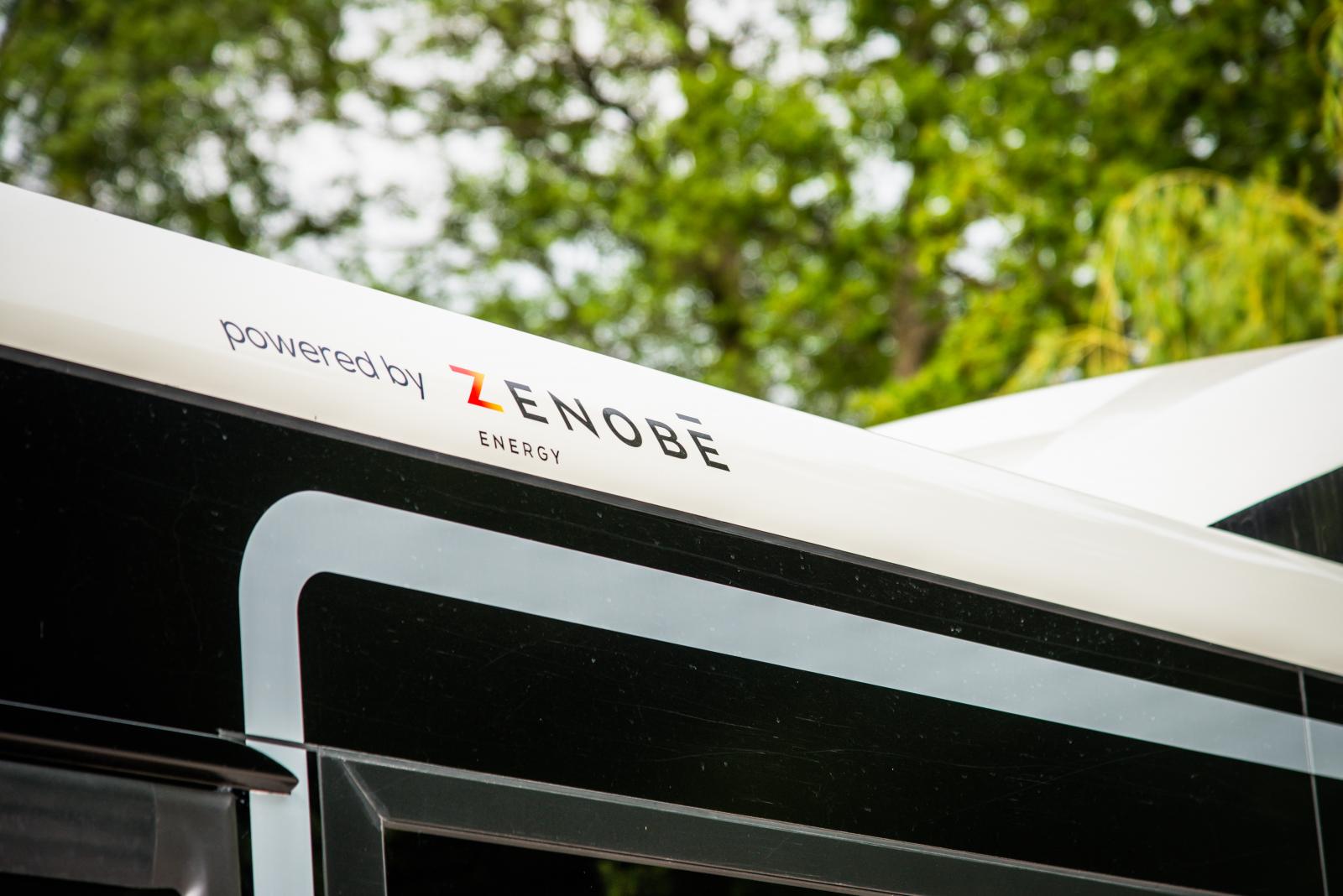As a part of a £22.5 million Government investment five new circular economy centres are being built to explore how reusing waste materials in the textiles, construction, chemical and metal industries could deliver huge environmental benefits and boost the UK economy.
Environment Minister Rebecca Pow said: “Creating a more circular economy for our waste and resources lies at the heart of this government’s transformative agenda for the environment, and we are committed to going further and faster to reduce, reuse and recycle more of our resources. These new research centres will play a vital part in creating a cleaner and more sustainable waste sector, thus helping us to better protect the environment and leave it in better shape for the next generation.”
The five UK Research and Innovation (UKRI) interdisciplinary circular economy centres are: the Interdisciplinary Textiles Circularity Centre, led by the Royal College of Art looking at textiles; the Interdisciplinary Circular Economy Centre for Mineral-based Construction Materials (ICEC-MCM), led by UCL, this centre will explore how better design and manufacturing of products and structures made from mineral materials; the Interdisciplinary Centre for Circular Chemical Economy, led by Loughborough University, this centre aims to reduce the fossil reliance of the UK’s £32 billion chemical industry by creating and implementing methods to recover and reuse olefins from end-of-life products and CO2 emissions; the Interdisciplinary Circular Economy Centre in Technology Metals, led by the University of Exeter, this centre will explore how to create a circular economy for the technology metals such as cobalt, rare earths and lithium; and the Interdisciplinary Centre for CircularMetal, led by Brunel University London, this centre aims to make the UK the first country to fully circulate metals by 2050.
The centres form part of the £30m UKRI Interdisciplinary Circular Economy programme, funded by the UKRI Strategic Priorities Fund. As well as the interdisciplinary centres, which have been allocated £4.5m in UKRI funding each, UKRI will provide £2.5m of funding to enable SME involvement with centre. They will support an integration hub to provide national leadership and coordination, driving knowledge exchange and whole-systems learning.
Latest News
-
Private health provider awards £10,000 to arthritis research team
-
Building Society hands out £1m to tackle inequality
-
Premier League and Comic Relief partnership aims to improve children’s mental health
-
Russell Hobbs launches food poverty campaign in schools
-
Tottenham Hotspur and charities launch film to tackle mental health stigma
-
Cardfactory funds homelessness charity’s team of psychologists
© 2019 Perspective Publishing Privacy & Cookies







Recent Stories